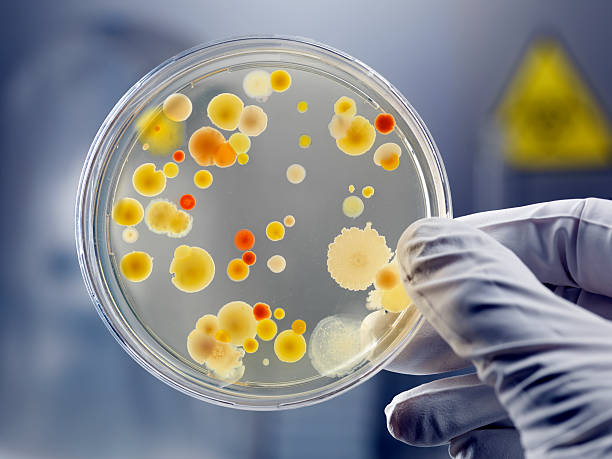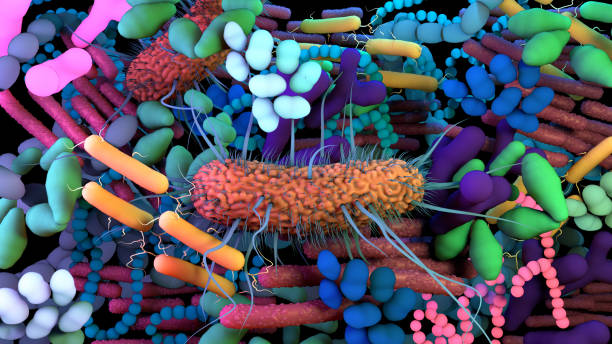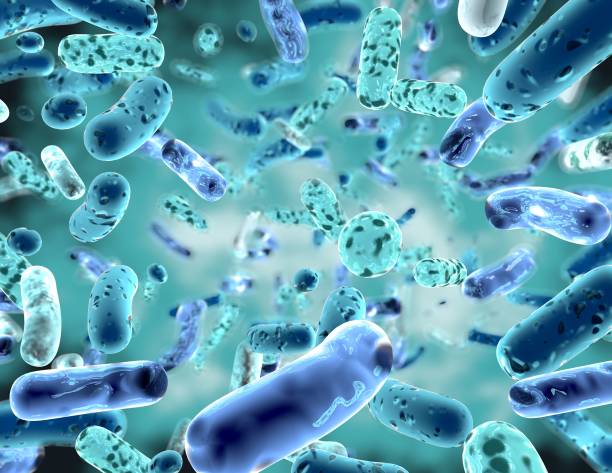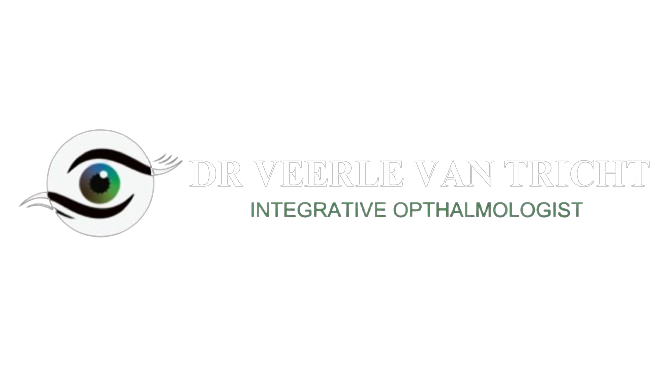microbiome testing
This involves the analysis and evaluation of an individual’s microbiome, which is the collection of microorganisms that reside in and on the body. These services aim to provide insights into the composition and diversity of the microbiota and their potential impact on an individual’s health.

Sample Collection
We will guide the patient in collecting the necessary samples. Different types of samples may be obtained, including stool, saliva, skin swabs, or nasal swabs, depending on the specific area being tested
Interpretation and Recommendations
We interprets the microbiome analysis report in the context of the patient’s health history and specific concerns. We also discuss the findings and recommend appropriate interventions or lifestyle modifications to optimize the microbiome and promote overall health.
Laboratory Analysis
The collected samples are sent to our specialized laboratory for analysis. Advanced techniques such as DNA sequencing are commonly used to identify and quantify various microorganisms present in the samples.
Personalized Treatment Plans
Based on the results of microbiome testing, a medical doctor may create personalized treatment plans that can involve changes in diet, supplementation, probiotics, prebiotics, or other interventions. These plans are tailored to address specific microbiome imbalances and support the patient’s health goals.
Microbiome Composition Analysis
The laboratory data guides us to generates a detailed report that outlines the composition of the microbiome, including the types and relative abundance of bacteria, viruses, fungi, and other microorganisms present. This analysis provides insights into the diversity and balance of the microbiota in different body regions.
Follow-up and Monitoring
Depending on the treatment given we may recommend follow-up testing to assess the effectiveness of interventions and track changes in the microbiome over time. Regular monitoring allows for adjustments in treatment plans as needed.
Speak with an Ophthalmologist
Call: +44 7900 842692




Frequently Asked Questions
What is a microbiome?
The microbiome refers to the collection of microorganisms, including bacteria, viruses, fungi, and other microbes, that live in and on our body. It plays a crucial role in various aspects of our health, including digestion, immune function, and metabolism.
Why is microbiome testing important?
Microbiome testing helps to evaluate the composition and diversity of the microbiota, which can provide insights into potential imbalances or dysfunctions. Understanding the microbiome can be valuable in identifying underlying causes of certain health conditions and guiding personalized treatment plans.
How is microbiome testing done?
Microbiome testing typically involves the collection of samples such as stool, saliva, skin swabs, or nasal swabs. These samples are then analyzed using advanced techniques like DNA sequencing to identify and quantify the different microorganisms present.
Does microbiome testing diagnose specific diseases?
Microbiome testing does not diagnose specific diseases but can provide valuable information about potential imbalances or dysfunctions in the microbiota that may contribute to the development or progression of certain conditions. It helps to identify underlying factors that can guide treatment strategies.
How can microbiome testing results be used?
Microbiome testing results can be used by medical professionals to guide treatment plans and interventions. They can help design personalized dietary changes, recommend specific probiotics or prebiotics, and suggest lifestyle modifications to improve the balance and diversity of the microbiome.
Is microbiome testing only for people with health concerns?
Microbiome testing can be beneficial for individuals with health concerns to identify potential imbalances. However, it is not exclusively limited to them. It can also be helpful for individuals interested in optimizing their overall health and well-being.
Are there any risks or side effects from microbiome testing?
Microbiome testing is generally considered safe and non-invasive, with minimal risks or side effects. The collection of samples may involve some discomfort or inconvenience, but adverse effects are uncommon.
What to Expect From Your Visit
Comprehensive Eye Examination, Refraction Test, Slit Lamp Examination, Dilated Eye Examination, Additional Specialized Tests,Diagnosis and Treatment Plan, Patient Education, Follow-Up Appointments. It’s important to note that the exact procedures and tests may vary based on individual needs, and some visits may focus on specific concerns or conditions. It’s always beneficial to communicate any specific symptoms or concerns you may have during the visit.
